Side Effects Of Honey: 9 Risks You Should Know
We want to call out the lie too! But unfortunately, honey indeed has its cons.
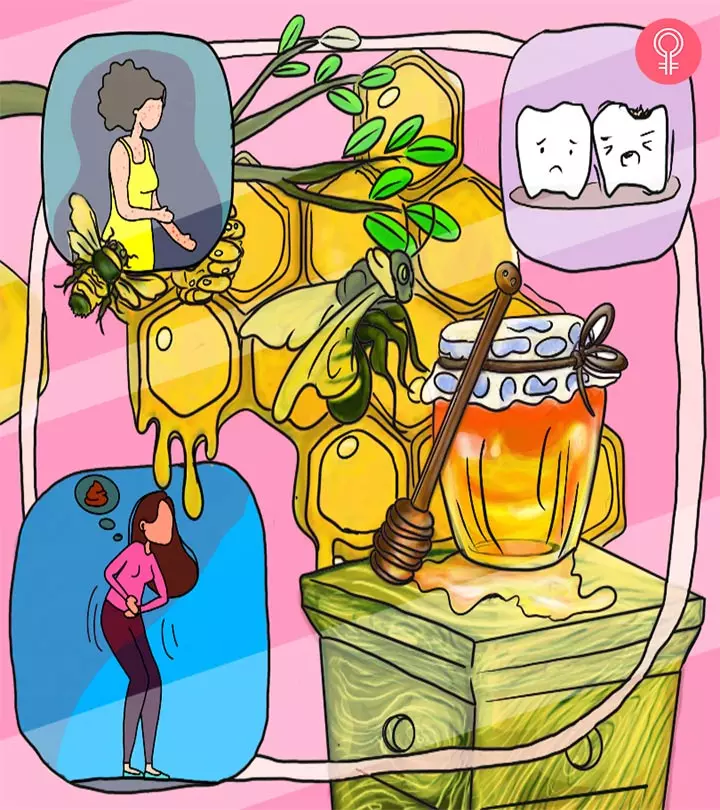
Image: StyleCraze Design Team
The health benefits offered by honey are numerous. Being rich in antioxidants and minerals, it is often considered a healthy alternative to sugar. But are you also aware of the side effects of honey?
One tablespoon of honey (21 grams) contains 64 calories (1). It is relatively high in calories. Though this might not look like a lot, a number of such tablespoons every day for a long time can add up. This is especially true if one is not making other lifestyle changes accordingly.
Jesse Feder, Clinical Dietitian at the Memorial Regional Hospital, says, “Honey will not directly raise your cholesterol. Honey does, however, contain a large amount of sugar. If you overconsume honey, this can lead to weight gain and a potential increase in your cholesterol levels. That is why it is only good to have honey in moderation.”

Honey is an added sugar. It is a sugar that is added to other foods and beverages during processing. Frequent intake of added sugars has been associated with weight gain (2). Reduced intake of added sugars, in general, was linked to lower weight gain (3).
According to the WHO, it is important to keep daily sugar intake below 10% of the total calories (3).
2. May Cause Allergies

Though honey allergies are rare, increased intake of foods containing honey as a key ingredient may put one at risk.
Individuals allergic to pollen could be allergic to honey as well (4). Honey allergies can lead to anaphylaxis, a potentially life-threatening condition (5). It is characterized by skin rashes, facial swelling, nausea, vomiting, wheezing, coughing, headache, dizziness, fatigue, and shock.
This allergy is believed to be caused by propolis, a substance used by bees while building honeycombs. Propolis is a contact allergen and can cause skin irritation (5).
3. May Cause Infant Botulism
Infant botulism occurs when an infant ingests a bacterial spore that produces a toxin inside the body. This occurs due to the presence of C botulinum in honey, which is a bacterial strain.
Research recommends not giving honey to infants less than a year old (6). Though most cases of infant botulism cannot be prevented (as the related bacteria are present in dust and soil as well), they are not harmful either.
It is only when the bacterial spore produces a toxin in the infant’s digestive system that there is a problem. This is more likely to happen with honey (7). Hence, infants below the age of 1 year must be kept away from any and all products/supplements containing honey (even if in trace amounts).
Infant botulism may result in the disruption of motor and autonomic functions in the infant (8). The symptoms may include constipation, and other digestive issues, floppiness, sagging eyelids, loss of facial expressions and head control, a weak cry, and respiratory failure (9).
4. May Elevate Blood Sugar Levels

Though honey could be a better alternative to table sugar, it still contains sugar. Studies state that people with diabetes must take honey with caution (10).
Long-term intake of honey can increase the levels of hemoglobin A1C (hemoglobin that is bound to glucose) in the blood, this may cause a spike in blood sugar levels. High levels of hemoglobin A1C can mean a higher risk of diabetes (10).
Honey may have effects similar to table sugar and high-fructose corn syrup (a harmful additive). In a study, all three ingredients elevated triglyceride levels and impaired glucose response in similar ways (11). However, some studies also state the anti-diabetic effects of honey (12).
Honey may not be harmful for people with diabetes. It may have certain beneficial effects too. But if you are dealing with diabetes complications, we recommend you speak to your doctor before including it in your diet.
5. May Cause Diarrhea

Honey can cause diarrhea. It contains fructose in excess of glucose. This may lead to an incomplete fructose absorption in the body, potentially causing diarrhea (13).
6. May Cause Food Poisoning
Honey naturally contains microbes. These include bacteria, yeast, and molds, which come from dust, air, dirt, and pollen. But since honey has antimicrobial properties, these microbes are usually not a cause for concern (14).
However, there is a possibility that honey could carry secondary contamination. This can come from processing by humans, containers, wind, and dust (14). Though this is rare, it is important to exercise caution. If you have a history of food poisoning, avoid honey or purchase it only from a reliable seller.
7. May Promote Tooth Decay

Honey contains sugar and is sticky (15). This may lead to tooth decay in the long run if one doesn’t rinse their mouth properly after consuming honey.
Honey may cause tooth decay in children, more so if they are using pacifiers dipped in honey (16). The sugar in honey can provide food to oral bacteria, encouraging their growth.
Some believe that natural sugars like honey may have similar cavity-producing effects as refined sugar. However, research is lacking in this aspect.
8. May Cause Bleeding
Honey can have an inhibitory effect on blood coagulation (17). While it is unclear if this can cause bleeding, there is a possibility. If you have any bleeding issues, please check with your doctor before taking honey.
9. May Aggravate Acne
Although honey has skin-soothing effects, it may not be appropriate for all skin types. Anecdotal evidence suggests that the high sugar content of honey may aggravate acne in some people. Furthermore, commercial honey also contains other additives and preservatives that may irritate sensitive skin and possibly cause other skin issues. However, research is limited in this regard and more studies are needed to prove these claims.
Note: If you have severe acne, consult your dermatologist before applying honey to your face. Also, always perform a patch test on a small area of your skin to check for any adverse reactions.
From the side effects discussed here, it is clear that certain people should avoid consuming honey. Keep reading to learn more.
In This Article
Key Takeaways
- Avoid eating honey frequently. It can cause weight gain and dental problems.
- Make sure to check if you are allergic to honey before consuming it. Some of the allergic conditions are fatal.
- Overconsumption of honey can lead to diarrhea and may increase the risk of diabetes.
Who Should Avoid Honey?
These groups of people should be cautious about consuming honey based on the potential risks outlined above:
- Infants under 1 year of age
- People with allergies
- Individuals with diabetes
- People prone to diarrhea
- Those with bleeding disorders
- People with a history of food poisoning
- Children at risk of tooth decay
Even if you are using honey, it is best to be on the safe side by following certain guidelines and precautions. Continue reading!
Safe Usage Guidelines
To safely incorporate honey into your diet, follow these simple tips:
– Limit your honey intake to about 1-2 tablespoons a day. This helps prevent excess calorie and sugar consumption.
– Replace refined sugar with honey in tea, coffee, or smoothies. Use it sparingly to avoid over-sweetening.
– Honey can be used in baking, but reduce oven temperatures slightly since honey browns faster than sugar. You can also use it in marinades or dressings for added flavor.
– Keep honey in a cool, dry place to prevent crystallization and contamination.
Learn about the potential side effects of honey and how it may damage your health. Discover the ways to stay safe. Watch this video now!
 Trivia
TriviaIf you are vegan or allergic to honey, there are quite a few delicious and natural alternative sweeteners available. Scroll down to learn more.
Honey Substitutes For Sensitive Individuals
If you are sensitive to honey but still want a natural sweetener, there are plenty of alternatives.
- An excellent choice is maple syrup that provides minerals and antioxidants and a rich flavor.
- Agave syrup has a lower glycemic index and a softer flavor.
- Another nutrient-dense choice with a rich, caramel-like sweetness is date syrup. Molasses offer a rich, robust flavor and vital minerals.
- Coconut nectar is a low-glycemic sweetener with a mild, slightly nutty flavor.
- Apple syrup and banana puree are natural ways to sweeten recipes when using fruit-based substitutes.
- Although it has a faint licorice aftertaste, stevia is a plant-based, calorie-free substitute if you’re searching for non-fruit options.
Infographic: 5 Major Side Effects Of Consuming Honey
Honey is widely used as a substitute for table sugar and is considered to be a healthy option. While honey is healthier than sugar as it contains beneficial enzymes and nutrients, frequent or excess consumption may cause certain health issues. Check out the infographic below to learn about the side effects of consuming honey.
Some thing wrong with infographic shortcode. please verify shortcode syntax
Honey is a natural sweetener and a healthy alternative to sugar. Although honey benefits your health in multiple ways due to its rich nutrient profile and high amount of antioxidants, we can’t deny its adverse effects. Overconsumption of honey may lead to weight gain, allergies, infant botulism (a serious gastrointestinal condition that occurs in infants up to age 12 months), high blood sugar levels, diarrhea, food poisoning, bleeding, and tooth decay. Hence, take it in moderation to avoid any reactions. Consult your doctor if you have any medical conditions.
Frequently Asked Questions
Does honey clean your arteries?
Feder says, “Certain types of honey, such as manuka honey, contain a lot of antioxidants. These antioxidants can help reduce inflammation throughout your body, including your arteries. This can help reduce your blood pressure and potentially reduce plaque buildup in your arteries.”
Can honey trigger blood pressure?
According to Jesse, “Honey will not directly trigger high blood pressure. However, it does contain a large amount of sugar which, when consumed frequently, can lead to obesity, diabetes, and high blood pressure. This is why it is very important to only consume honey in moderation.”
Does honey increase blood flow?
Kiran Campbell, Clinical Dietitian, says, “Consuming honey, which contains a combination of glucose, fructose, and sucrose, in place of other forms of sugar may help increase blood flow by way of improvements in lipid profiles and oxidative stress levels, which are present in heart diseases.”
Can you get sick from taking honey?
Honey may contain natural toxins. Raw honey may contain spores of the bacteria Clostridium botulinum. The symptoms of poisoning due to honey intake depend on the types and levels of toxins. If you experience side effects, such as nausea and vomiting, contact your doctor immediately.
Should you refrigerate honey?
It is not necessary to refrigerate honey. Store it in a cool location away from direct sunlight.
Can honey cause stomach gas?
There is less research in this regard. But anecdotal evidence states it may cause gas. Some believe the fructose in honey may not be absorbed well in the gut and may end up getting fermented to cause gas and bloating.
Does honey affect kidney stones?
Limited information is available in this regard. However, some believe taking honey regularly with lemon juice may help reduce the pain due to kidney stones. Consult your doctor for more information in this regard.
Does honey interact with medications?
There’s no evidence suggesting that honey can interfere with medications. However, should you experience any such associated symptoms, stop honey intake and consult your doctor.
Is honey an effective remedy to treat throat irritation?
Yes, honey may help reduce throat irritation as it exhibits anti-inflammatory, antioxidant, and anti-infective properties which can help to alleviate the symptoms of throat irritation and speed up recovery (18).
Can honey cause kidney damage?
There is no evidence that honey can cause kidney damage. However, studies suggested that it may instead help prevent kidney damage and help in the reduction of oxidative stress and inflammation in the kidney (19).
Can consuming honey lead to liver damage?
No evidence states that the consumption of honey can lead to liver damage. Instead, research shows that honey helps to protect the kidney and repair the damaged tissues (20).
References
Articles on StyleCraze are backed by verified information from peer-reviewed and academic research papers, reputed organizations, research institutions, and medical associations to ensure accuracy and relevance. Read our editorial policy to learn more.
- Honey, United States Department of Agriculture, National Nutrient Database.
https://fdc.nal.usda.gov/fdc-app.html#/food-details/169640/nutrients - Get the Facts: Added Sugars
https://www.cdc.gov/nutrition/php/data-research/added-sugars.html - Obesity and Obesity Related Diseases, Sugar Consumption and Bad Oral Health: A Fatal Epidemic Mixtures, Translational Medicine, US National Library of Medicine, National Institutes of Health.
https://www.ncbi.nlm.nih.gov/pmc/articles/PMC5536157/ - Allergy to honey: relation to pollen and honey bee allergy, Allergy, US National Library of Medicine, National Institutes of Health.
https://pubmed.ncbi.nlm.nih.gov/1590566/ - Anaphylaxis caused by honey: a case report, Asia Pacific Allergy, US National Library of Medicine, National Institutes of Health.
https://www.ncbi.nlm.nih.gov/pmc/articles/PMC5287071/ - Infant botulism following honey ingestion, BMJ Case Reports, US National Library of Medicine, National Institutes of Health.
https://www.ncbi.nlm.nih.gov/pmc/articles/PMC3448763/ - Botulism
https://www.cdc.gov/botulism/prevention/?CDC_AAref_Val=https://www.cdc.gov/botulism/prevention.html - Association between honey consumption and infant botulism, Pharmacotherapy, US National Library of Medicine, National Institutes of Health.
https://pubmed.ncbi.nlm.nih.gov/12432974/ - Infant botulism – why honey should be avoided for children up to one year, Lakartidningen, US National Library of Medicine, National Institutes of Health.
https://pubmed.ncbi.nlm.nih.gov/28742188/ - Effects of natural honey consumption in diabetic patients: an 8-week randomized clinical trial, International Journal of Food Sciences and Nutrition, US National Library of Medicine, National Institutes of Health.
https://pubmed.ncbi.nlm.nih.gov/19817641/ - Consumption of Honey, Sucrose, and High-Fructose Corn Syrup Produces Similar Metabolic Effects in Glucose-Tolerant and -Intolerant Individuals, The Journal of Nutrition, US National Library of Medicine, National Institutes of Health.
https://pubmed.ncbi.nlm.nih.gov/26338891/ - Honey and Diabetes: The Importance of Natural Simple Sugars in Diet for Preventing and Treating Different Type of Diabetes, Oxidative Medicine and Cellular Longevity, US National Library of Medicine, National Institutes of Health.
https://www.ncbi.nlm.nih.gov/pmc/articles/PMC5817209/ - Honey may have a laxative effect on normal subjects because of incomplete fructose absorption, The American Journal of Clinical Nutrition, US National Library of Medicine, National Institutes of Health.
https://pubmed.ncbi.nlm.nih.gov/7491882/ - Microorganisms in honey, International Journal of Food Microbiology, US National Library of Medicine, National Institutes of Health.
https://pubmed.ncbi.nlm.nih.gov/8880294/ - .Sugars and Dental Caries: Evidence for Setting a Recommended Threshold for Intake, Advances in Nutrition, US National Library of Medicine, National Institutes of Health.
https://www.ncbi.nlm.nih.gov/pmc/articles/PMC4717883/ - Prevalence of early childhood caries and associated risk factors in preschool children of urban Bangalore, India: A cross-sectional study, European Journal of Dentistry, US National Library of Medicine, National Institutes of Health.
https://www.ncbi.nlm.nih.gov/pmc/articles/PMC3327493/ - Effect of natural honey on human platelets and blood coagulation proteins, Pakistan Journal of Pharmaceutical Sciences, US National Library of Medicine, National Institutes of Health.
https://pubmed.ncbi.nlm.nih.gov/21715274/ - Role of honey as adjuvant therapy in patients with sore throat
https://njppp.com/fulltext/28-1478482106.pdf - Honey feeding protects kidney against cisplatin nephrotoxicity through suppression of inflammation
https://www.ncbi.nlm.nih.gov/pmc/articles/PMC5558866/ - Honey can repairing damage of liver tissue due to protein energy malnutrition through induction of endogenous stem cells
https://www.ncbi.nlm.nih.gov/pmc/articles/PMC5499091/
Read full bio of Julie Freeman
- Kiran Campbell, RD, has over 13 years of experience in the field of dietetics, specializing in heart health, weight management, and wellness and disease prevention. She is the owner of Kiran Campbell Nutrition, LLC, and a member of the Academy of Nutrition and Dietetics.
 Kiran Campbell, RD, has over 13 years of experience in the field of dietetics, specializing in heart health, weight management, and wellness and disease prevention. She is the owner of Kiran Campbell Nutrition, LLC, and a member of the Academy of Nutrition and Dietetics.
Kiran Campbell, RD, has over 13 years of experience in the field of dietetics, specializing in heart health, weight management, and wellness and disease prevention. She is the owner of Kiran Campbell Nutrition, LLC, and a member of the Academy of Nutrition and Dietetics. - Jesse Feder, RDN/LDN, is a Clinical Dietitian at the Memorial Regional Hospital. He is also a certified by the American College of Sports Medicine as a personal trainer (ACSM-CPT) and the National Strength and Conditioning Association as a Certified Strength and Conditioning Specialist (NSCA-CSCS).
 Jesse Feder, RDN/LDN, is a Clinical Dietitian at the Memorial Regional Hospital. He is also a certified by the American College of Sports Medicine as a personal trainer (ACSM-CPT) and the National Strength and Conditioning Association as a Certified Strength and Conditioning Specialist (NSCA-CSCS).
Jesse Feder, RDN/LDN, is a Clinical Dietitian at the Memorial Regional Hospital. He is also a certified by the American College of Sports Medicine as a personal trainer (ACSM-CPT) and the National Strength and Conditioning Association as a Certified Strength and Conditioning Specialist (NSCA-CSCS).
Read full bio of Ravi Teja Tadimalla
Read full bio of Arshiya Syeda
Read full bio of Sindhu Koganti
-
 9 Vitamin B12 Rich Cereals You Should Include In Your Diet
9 Vitamin B12 Rich Cereals You Should Include In Your Diet -
 10 Side Effects Of Eating A Lot Of Tomatoes
10 Side Effects Of Eating A Lot Of Tomatoes -
 Healthy Food Vs. Junk Food: All You Need To Know
Healthy Food Vs. Junk Food: All You Need To Know -
 Sweet Potato Vs Yam: 6 Key Differences To Know
Sweet Potato Vs Yam: 6 Key Differences To Know -
 Green Coffee Beans Benefits: 6 Science-Backed Health Gains
Green Coffee Beans Benefits: 6 Science-Backed Health Gains -
 4 Benefits Of Comfrey, How It Works, & Possible Side Effects
4 Benefits Of Comfrey, How It Works, & Possible Side Effects -
 Lemon Benefits: 13 Ways To Boost Heart, Immunity & Skin
Lemon Benefits: 13 Ways To Boost Heart, Immunity & Skin -
 Lemon Ginger Tea Benefits: 12 Proven Health Perks
Lemon Ginger Tea Benefits: 12 Proven Health Perks -
 10 Best Benefits Of Cucumber Juice
10 Best Benefits Of Cucumber Juice -
 Soba Noodles: Nutrition, Benefits, Types, And How To Make
Soba Noodles: Nutrition, Benefits, Types, And How To Make -
 Cardamom Benefits: 25 Powerful Health, Skin & Hair Perks
Cardamom Benefits: 25 Powerful Health, Skin & Hair Perks -
 17 Amazing Benefits Of Black Radish For Skin, Hair, And Health
17 Amazing Benefits Of Black Radish For Skin, Hair, And Health






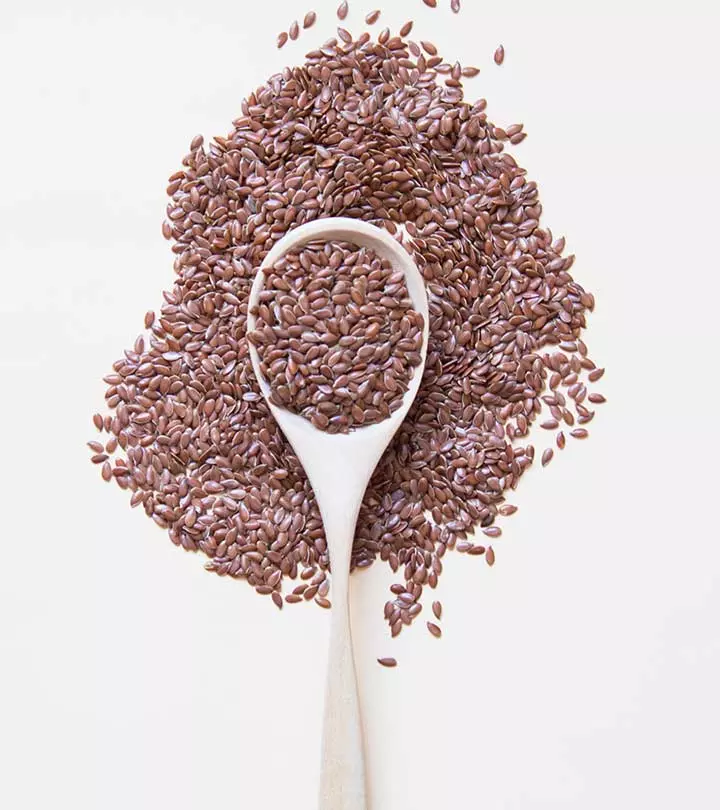
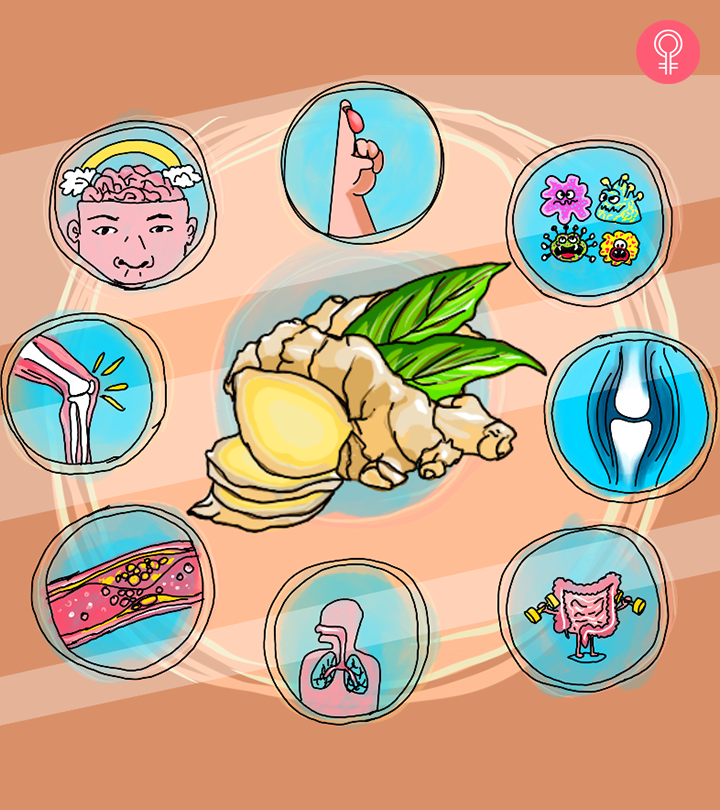
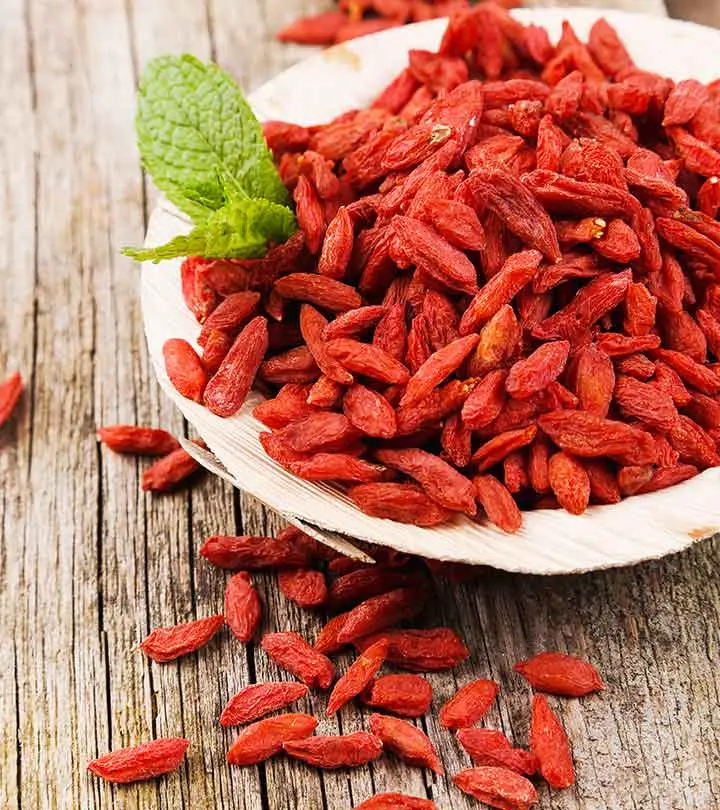


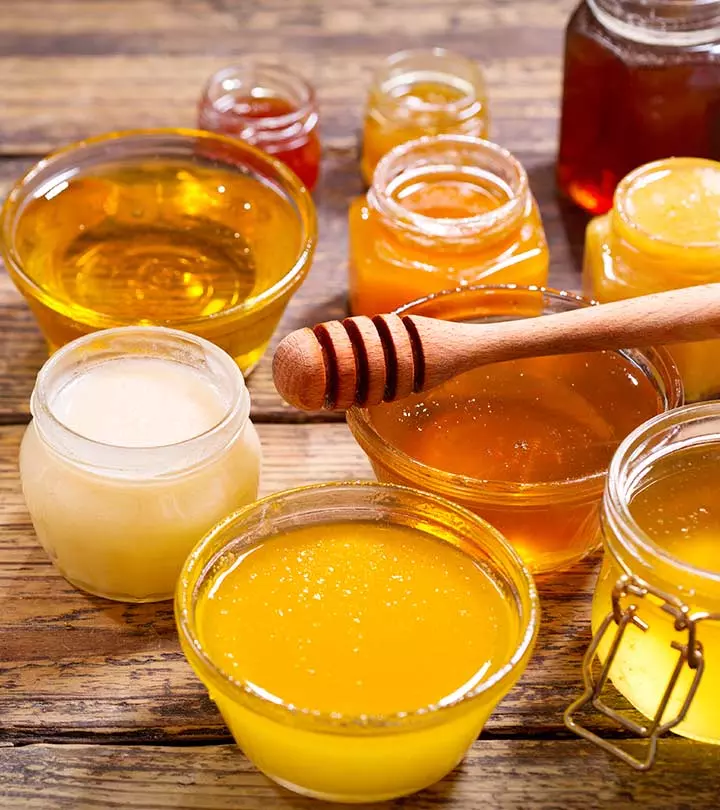

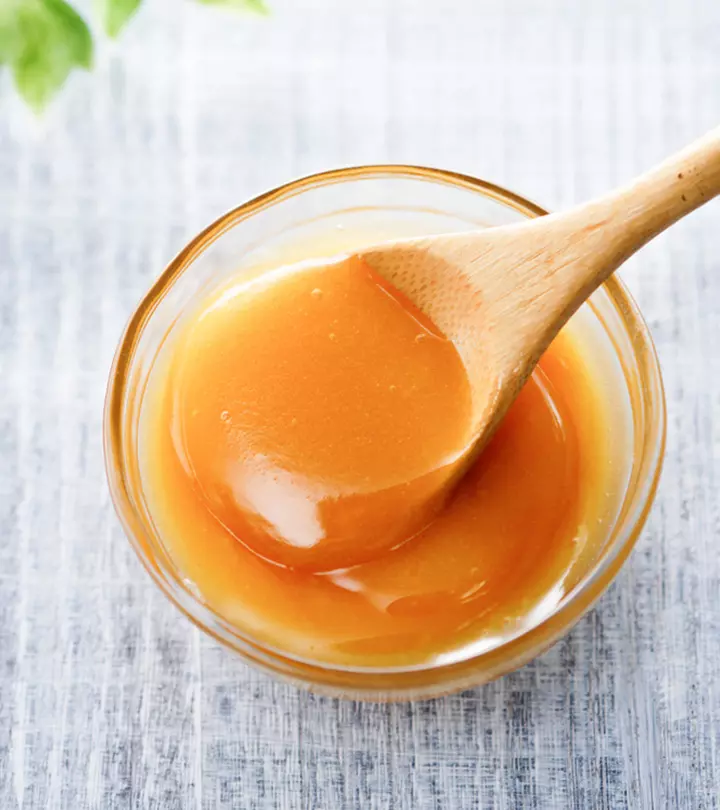
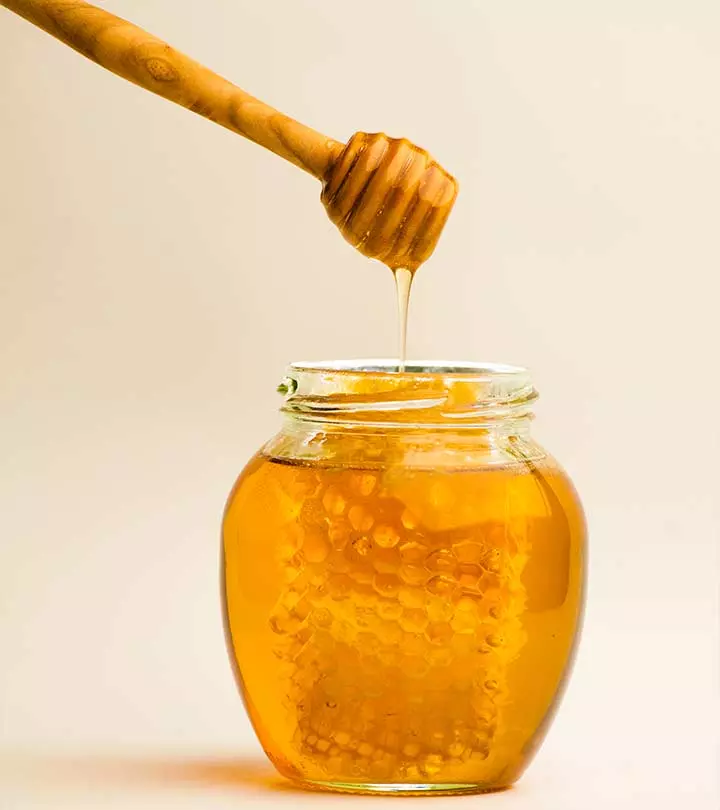
Community Experiences
Join the conversation and become a part of our empowering community! Share your stories, experiences, and insights to connect with other beauty, lifestyle, and health enthusiasts.